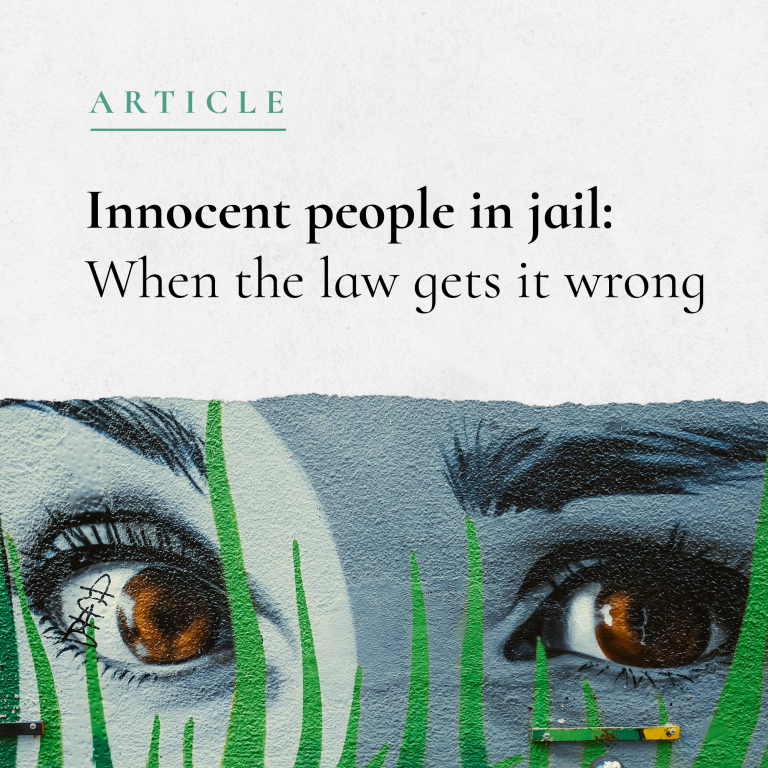In 1922 Australian wine-bar owner, Colin Ross, was arrested and executed by hanging for the murder of 12 year-old Alma Tirtschke.
Spoiler alert: Ross was innocent.
A badly-run case and public pressure for police to make an arrest cost an innocent man his life.
86 years later, in May 2008, Ross was fully exonerated for Tirtschke’s murder.
It would be simplistic to classify this case as ‘a long time ago’ and assume such an outcome would not happen again. But while Australia has long outlawed execution, wrongful accusations and convictions occur all too often in the Australian criminal justice system.
In fact, digging further into Ross’ case, it becomes clear that the police were convinced of Ross’ guilt from the start of their investigation and were simply not going to entertain the possibility of his innocence. Tirtschke’s body was found on December 31st, 1921. By January 12th, 1922—and in spite of witnesses that confirmed Ross’ alibi—Ross was arrested for her murder. During his trial, the judge accepted contradictory evidence by a detective without comment. It seems very little could be done to help Ross: the police had made up their minds.
Scarily, a made-up mind of an accused’s guilt marks a theme in the Australian justice system. Take for example Lindy Chamberlain, who in 1982 was sentenced to life imprisonment for murdering her daughter when in actuality a dingo killed her child; Kevin Condren, who in 1984 spent seven years in jail for murder despite the fact he was unable to commit the murder given he was in police custody at the time of the killing; and John Button, who was wrongfully imprisoned for the manslaughter of his girlfriend in 1963. Years later, serial killer Edward Edgar Cooke later confessed to the killing Button spent five years behind bars for.
These horrific stories are just some examples exposing the shocking vulnerabilities and shortfalls of the Australian criminal justice system. Not only that, but these cases seriously call into question the value of a fundamental presumption of our justice system: that a person is innocent until proven guilty.
In fact, according to Civil Liberties Australia, and based on years of similar research, at least 7% of all convicted criminals are likely innocent.
Let that sink in for a second.
Around one in 14 have serious questions about their guilt, even after trial. While getting to a specific number is obviously impossible, looking at studies overseas and limited research in Australia shows that nowhere near enough weight is being given to our presumption of innocence in these cases.
In light of these frightening statistics and examples, the best we can do is work to prevent such atrocious miscarriages of justice from occurring.
Across Australia and internationally, many law students and legal professionals are working tirelessly to achieve justice and defend those wrongfully convicted by fighting wrongful accusations and convictions.
Read our recent blog on innocence projects in Australia and discover some of the incredible initiatives championing the defence of the innocent and reversing serious miscarriages of justice here:
As always, if Green & Associates can help you please don’t hesitate to get in touch. If you or someone you know has been wrongfully accused or convicted of a crime, contact us on (02) 8080 7585 so we can advise you of the best steps for you to take.




